It’s official: Ireland will be once again going to the polls on November 29th, 2024 for the next general election as the Fianna Fáil-Fine Gael-Greens coalition government has been dissolved. Dublin West is now a five-seat constituency following recent boundary changes by the Electoral Commission. This means Dublin West, per the Electoral (Amendment) Act 2023 is defined as:
“In the county of Fingal, the electoral divisions of:
Blanchardstown-Abbotstown, Blanchardstown-Blakestown, Blanchardstown-Coolmine, Blanchardstown-Corduff, Blanchardstown-Delwood, Blanchardstown-Mulhuddart, Blanchardstown-Roselawn, Blanchardstown-Tyrrelstown, Castleknock-Knockmaroon, Castleknock-Park, Lucan North, The Ward;
and, in the city of Dublin, the electoral divisions of:Ashtown A, Ashtown B;
and that part of the electoral division of Phoenix Park situated north of a line drawn along Chapelizod Road, Conyngham Road and Parkgate Street.”
To help you prepare your ballot, we have compiled a list of confirmed candidates for Dublin West, and some background on each candidate and election manifestos if available. This page will be updated with all declared candidates as they are confirmed and the official deadline approaches.
As an election has only just been called officially, most parties have not yet set out their priorities if elected; these will be added as soon as they are published.
For more information on how the voting process works, visit our explainer here.
92.5 Phoenix FM will be delivering all the latest updates from the campaign and once the count starts for the community of Dublin 15. Stay tuned on 92.5 FM, on our social media and on our website for more to help you make your decision on polling day.
This article is part of a wider series of content on our website on the election, including more in-depth profiles on each of the candidates which you will find linked where available.
If you are a candidate/an official representative of one and cannot find your election manifesto linked here, please email elections [at] phoenixfm [dot] ie with this and we will be happy to update the site.
Last updated: November 20th, 2024
Umar Al-Qadri, Independent

Umar Al-Qadri is the chairperson of the Irish Muslim Peace & Integration Council. Al-Qadri was born in Pakistan and raised in the Netherlands before moving to Ireland, where he now holds citizenship and has called home for the past 20 years. He first entered the political ring by contesting June’s European elections, winning 4,707 first preference votes before being eliminated on the 10th count.
Al-Qadri is now looking to the Dáil as a candidate for Dublin West. As a Pakistani-Irish person in “Ireland’s most diverse constituency”, he does not think the elected TDs represent this diversity and calls for a “new voice” in local politics. His priorities are embracing diversity and combatting racism, while also supporting “fair immigration policies” that oppose illegal immigration. If elected, Al-Qadri says he will keep a “minimum wage” as a TD and donate the remainder back to the community.
Al-Qadri’s election manifesto is available to view here. You can listen to our interview with Al-Qadri on our ‘General Election 2024’ podcast series.
Minister Jack Chambers, Fianna Fáil
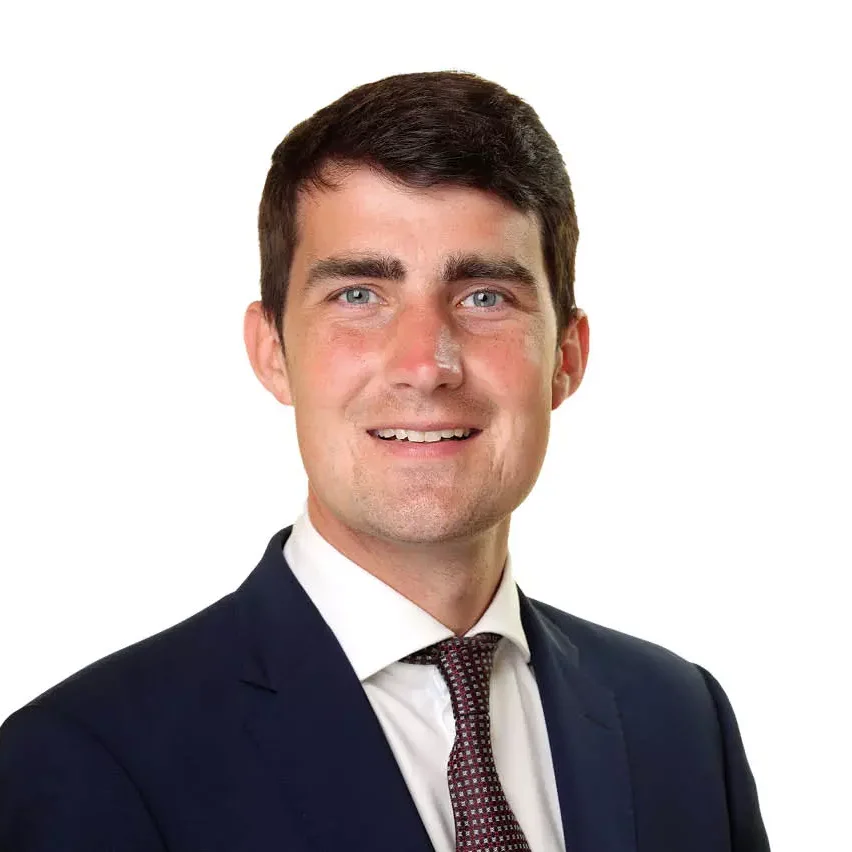
Dublin 15 has been home to some of the most influential figures in the Dáil in the past few years, with Leo Varadkar becoming Taoiseach in 2017 and Roderic O’Gorman obtaining a ministerial role in 2020. While Varadkar resigned in April, the other Dublin West coalition TDs saw promotions this year as O’Gorman was elected leader of the Green Party and Chambers became both Minister for Finance and deputy leader of Fianna Fáil.
Born in Galway but raised in Castleknock since his childhood, Minister Chambers is one of several male politicians to have made a swift ascent up the ranks in recent years. He topped the poll in the 2014 local elections where he was first elected as a councillor for Castleknock. In 2016, he was elected on the fifth count as a TD for Dublin West. He was assigned a number of Minister of State roles for various departments over the course of the government before being appointed as Minister for Finance in June. In October, he was appointed as Fianna Fáil’s Director of Elections for the upcoming general election.
That same month, Minister Chambers delivered his first budget and the last of the coalition government to mixed response; much of the opposition and some advocacy groups branded it a “giveaway budget” in response to the then-speculated early general election to follow. He and his party will be hoping some of the measures in the budget provide a boost in support for him and his running mate, Lorna Nolan.
Fianna Fáil’s election manifesto is available to view here.
Cllr Ruth Coppinger, People Before Profit-Solidarity
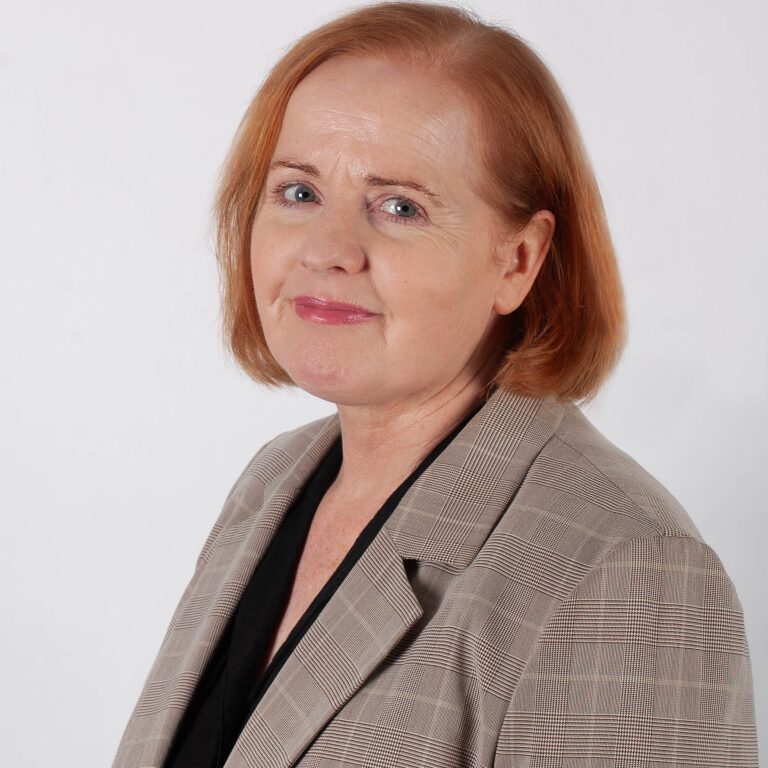
Ruth Coppinger is eyeing a return to the Dáil having missed out on a seat in 2020 and being re-elected to the council in June. Cllr Coppinger was first co-opted to the council in 2003 before being re-elected in 2004 and 2009. Following the 2014 by-election, she was elected to the Dáil and was re-elected in 2016 before losing her seat in the last election.
As a secondary school teacher, she has been vocal about the lack of disability supports and school places in Dublin 15. She is a founding member of ROSA, an advocacy group for reproductive rights, and has spoken out against gender-based violence. Her criticism of the government’s response to the ongoing humanitarian crises in Gaza and the wider Middle East has seen her organise multiple protests locally and submit motions to Fingal County Council calling for more action.
Following her election in June, she successfully put forward a motion calling on the council to develop a land bank in Dunsink for social housing: the council said there was the potential for 7,000 homes to be built in the area. Cllr Coppinger is running on the platform of electing a “socialist feminist” to the Dáil and providing a voice “for workers, women, LGBTQ and young people and all those facing oppression and discrimination”.
Cllr Coppinger’s election manifesto is available to view here. You can listen to our interview with Cllr Coppinger on our ‘General Election 2024’ podcast series and read our in-depth profile here.
Senator Emer Currie, Fine Gael
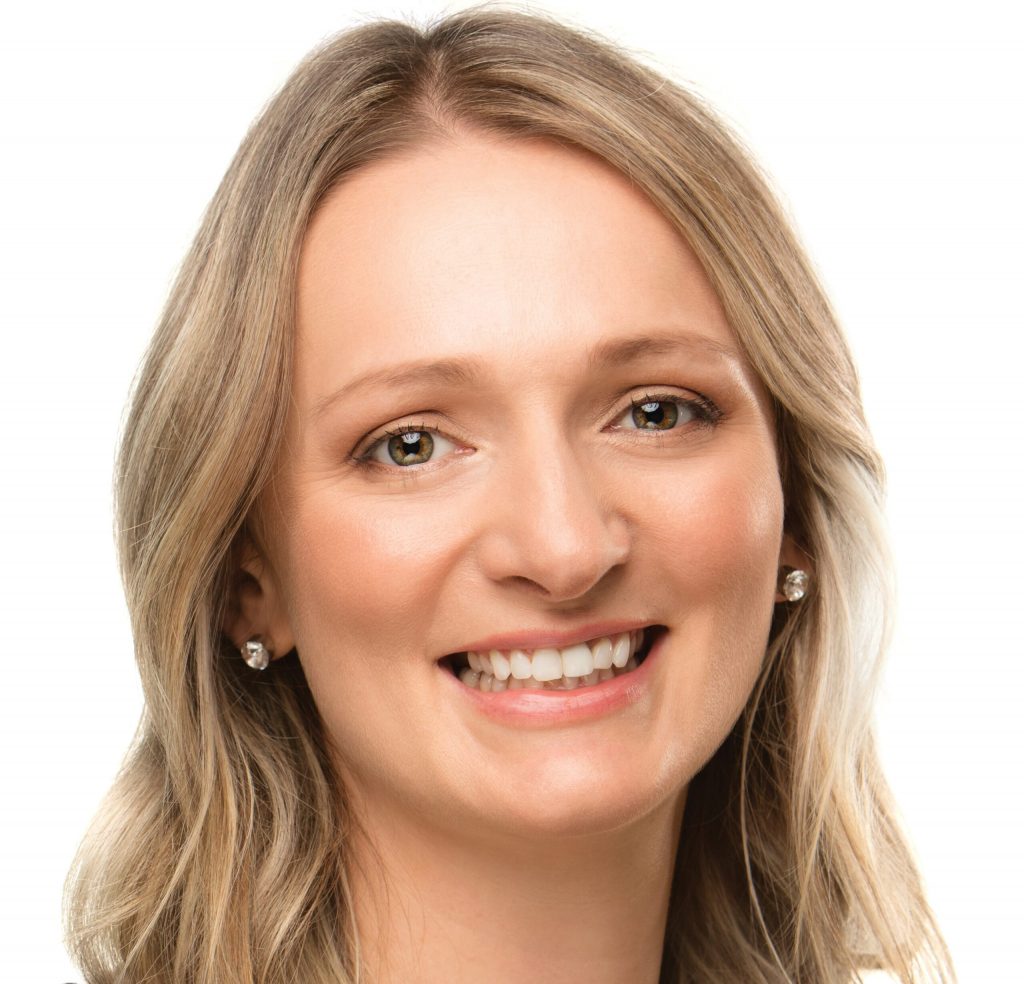
Very few could have expected the news in March that then-Taoiseach and Fine Gael leader Leo Varadkar would be stepping down from both roles, with the current TD later confirming he would not be seeking re-election. Senator Emer Currie was widely expected to be the party’s lead candidate for the general election, which was confirmed at a selection committee in September.
Senator Currie was elected to Fingal County Council in 2019 in the Castleknock ward on the first count with 2,189 votes. Her bid for the Dáil the following February as the second Fine Gael candidate for Dublin West was not as successful, but she was subsequently appointed to the Seanad by her party’s leader and fellow Dublin 15 politician Leo Varadkar, with Siobhan Shovlin then co-opted to the council.
She now makes a second bid for the Dáil as the only Fine Gael candidate for Dublin West; it appears the party is redoubling its efforts in consituencies where it has better chances of electing multiple TDs. Upon her selection as the Fine Gael candidate in September, she said her priorities were “establishing a sustainable, accessible and affordable childcare model, reforming the education system for children with additional needs, and building safe, thriving local communities with the services and supports people need at every age”.
Fine Gael’s election manifesto is available to view here.
Susanne Delaney, Independent

Susanne Delaney is a first-time candidate for the general election, having run in the local elections in June for Blanchardstown-Mulhuddart. She received 6.5% of first-preference votes before being eliminated on the seventh count. Born in Corduff, she has lived in the constituency for all of her life. Delaney experienced youth homelessness and the loss of family members living in hostels. She says this gives her a “unique understanding” of the state and that her approach as a TD would be “different”.
Delaney’s policies on housing include prioritising those on waiting lists and living in emergency accommodation the longest, banning vulture funds and reforming the HAP scheme. On immigration, she wants to “control our borders” through “sensible conversation and referendums on key immigration isuses”, reintroducing mental health screenings and fast-tracking asylum claims. She also wants a review of government spending of NGOs and to remove education around race and gender from school curricula.
Although Delaney is running as a non-party candidate and is appealing to voters “abandoned” by parties both in government and in opposition, Stephen Kerr, CEO of The Irish Inquiry – an online publication for which she is a writer – is also running in the general election for the Mayo constituency with largely similar leaflets and branding.
Delaney’s election leaflet is available to view here.
Paul Donnelly TD, Sinn Féin
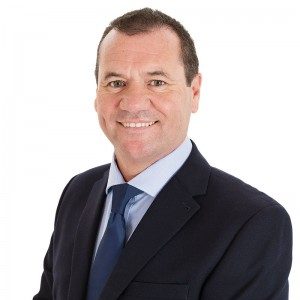
Paul Donnelly first made his bid for the Dáil in 2011, but it was his fifth election before he was finally elected in Dublin West with 12,456 first-preference votes in 2020, well in excess of the quota. He was first elected as a councillor for Mulhuddart in 2014 on the first count with over 27% of first-preference votes. Deputy Donnelly lives in Clonsilla with his four children and wife Angela, who is also a sitting councillor for Sinn Féin in Ongar.
The 2020 election was an undeniable success for Sinn Féin in terms of winning the popular vote, but the lack of candidates for people to vote for meant they were unable to form a government. At one point during the lifetime of the outgoing coalition, with record-high polling numbers it seemed the party could finally make up the numbers if the timing for an election was right. A slump in support – and a recovery for Fine Gael and Fianna Fáil – and a series of recent controversies mean the party is going into this election with a bleaker picture than once hoped.
Deputy Donnelly’s priorities for a second term as a TD include enshiring housing as a constitutional right and delivering 300,000 new homes by 2029, capping childcare at €10 a day, delivering a universal healthcare model and reforming International Protection.
Sinn Féin’s election manifesto is available to view here.
Cllr Tania Doyle, Independent
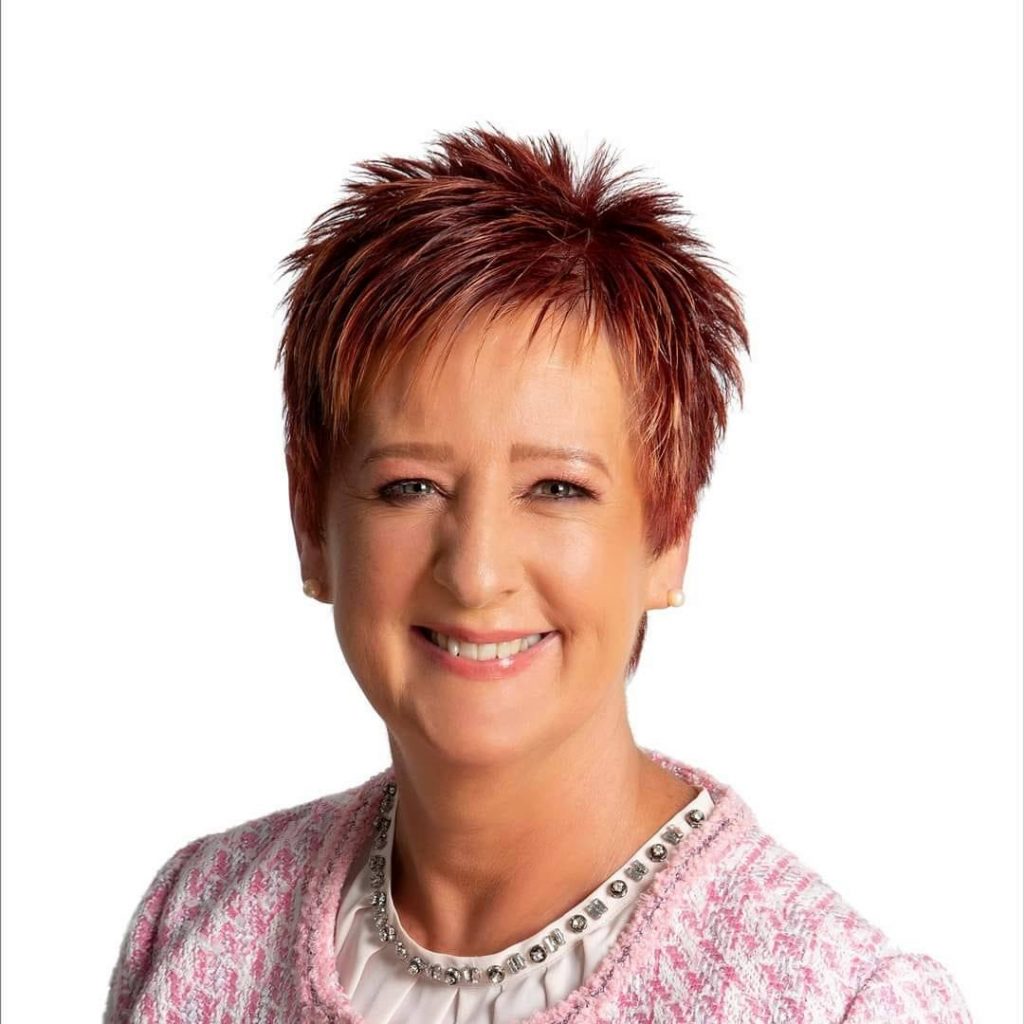
Dublin West has yet to elect an independent TD to the Dáil, but that could all change with the expansion to a five-seater constituency and Ongar councillor Tania Doyle entering the race. First co-opted to the council in 2015, she was re-elected in 2019 and in June on the first count with 2,057 first preference votes.
Cllr Doyle and her husband were subject to a vicious attack and harassment on the campaign trail for the local elections in May, which provoked her to cease campaigning. Her resounding success in the June elections has now seen make her first bid for the Dáil. As a councillor, she has advocated for the devolvement of powers to local councils to allow them more autonomy in their communities. She is one of several candidates to push for more school places for children with additional needs in Dublin 15.
For the general election, Cllr Doyle’s priorities include addressing the housing crisis and providing “properly affordable housing options”, developing heritage as public amentiies, completing the Royal Canal Greenway, enaging with carers and community members with reduced mobility, a committment to “reliable and efficient” public transport, and the removal of the Universal Social Charge as promised, but not delivered, by other parties.
Cllr Doyle’s election leaflet is available to view here. You can listen to our interview with Cllr Doyle on our ‘General Election 2024’ podcast series and read our in-depth profile here.
John Forde, Independent
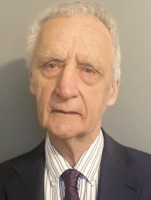
John Forde is a last-minute addition to the ballot after putting himself forward for nomination on November 14th, just as the formal nomination process closed. Forde is listed as residing in Ashtown and is retired. Posters for Forde have been seen in Dublin 15 with the tagline “No more immigrants”.
We currently have no further information on Forde or his election policies. If you are Forde or a representative and would like to provide more background, please get in touch with us at elections [at] phoenixfm [dot] ie.
Cllr Breda Hanaphy, Sinn Féin
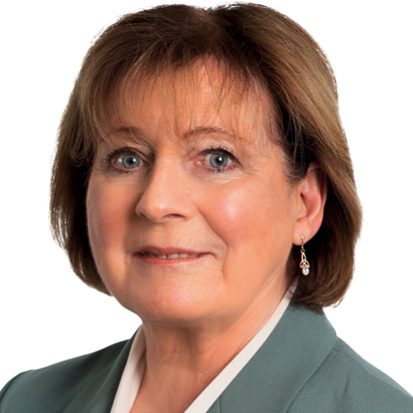
Breda Hanaphy is Sinn Féin’s second candidate for Dublin West. She was first elected to the council in 2019 with 12.2% of first-preference votes and was re-elected this year on the ninth count.
Cllr Hanaphy has lived in Corduff for over forty years and has been a long-serving member of her party. She is also involved with a number of local community groups and organisations. Upon being chosen as the second Sinn Féin candidate in August, she said that with her party colleague Deputy Donnelly, they “will work tirelessly to ensure that the voices of Dublin West are heard, and that real, transformative change is delivered.”
Ellen Murphy, Social Democrats
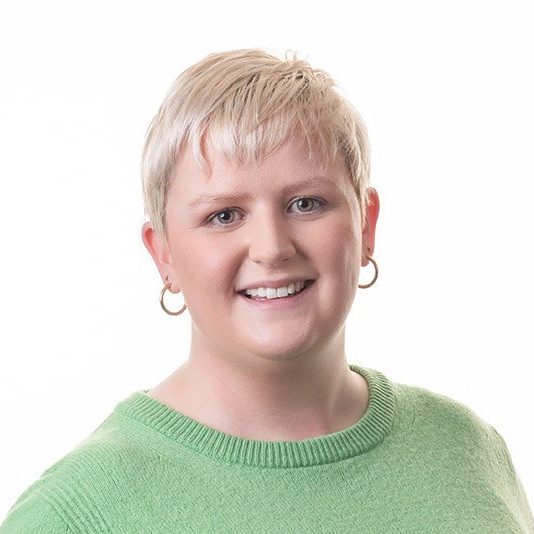
Ellen Murphy is the Social Democrats’ candidate for this election, having previously contested the local election for Ongar as a first-time candidate. Murphy was one of three candidates for the Social Democrats in Dublin 15 in the June local elections. Her strong showing in the Ongar count, just missing out on a seat, will likely have helped her chances in being selected as the party’s general election candidate for Dublin West.
The SocDems first contested the general election in Dublin West in 2020 with Aengus Ó Maoláin, who was eliminated on the third count. With Murphy’s strong performance locally and the party’s increased visibility since then, they could be in the running for the constituency’s new fifth seat.
Having been born and raised in Clonsilla, Murphy has “seen first-hand” the impact that a lack of affordable housing is having on Dublin 15 residents who are having to look elsewhere for places to live. As someone with severe dyslexia, she also supports the calls for increased funding for education and provisions for students with additional needs. She pledges to push for more affordable and social housing and introduce “real protections” for renters in line with other European countries. Her other priorities include fully implementing Sláintecare (the planned reform for the health service chaired by outgoing TD and former party co-leader Róisín Shortall), increased funding for education, developing a biodiversity plan and investing in local communities.
Murphy’s election leaflet is available to view here. You can listen to our interview with Murphy on our ‘General Election 2024’ podcast series and read our in-depth profile here.
Lorna Nolan, Fianna Fáil
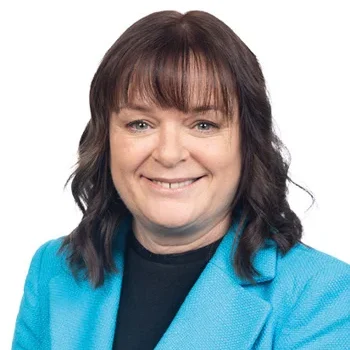
Lorna Nolan makes her first bid for the Dáil after contesting three local elections. She was successfully elected to the council for the previous Mulhuddart constituency in 2014 on the 14th count as an independent, but was not re-elected in the revised Blanchardstown-Mulhuddart constituency in 2019. Nolan joined Fianna Fáil for the 2024 election and was one of two candidates for Blanchardstown-Mulhuddart; Deputy Lord Mayor of Fingal and Cllr JK Onwumereh was re-elected but Nolan again missed out on a seat.
Nolan beats out a number of high-profile party figures in the area to become the second candidate for Dublin West, among them Cllr Onwumereh and newly-elected councillor for Castleknock, Eimear Carbone-Mangan. The latter was subject to a minor controversy of her own when she was elected ahead of incumbent councillor Howard Mahony; he notably requested a recount following the June election when it became apparent he would be losing his seat.
Minister Roderic O’Gorman, Green Party

Minister O’Gorman was first elected as a councillor for Castleknock in the 2014 elections, and was re-elected in 2019 with 27.5% of first-preference votes. That year saw record voting for green parties across Europe in local, national and European elections in what was termed a “green wave”, helping Minister O’Gorman in his successful Dáil bid the following February.
2024 is a very different climate across Europe: environmental concerns have fallen out of favour as immigration climbs the list of voters’ priorities. Many party figures including Minister O’Gorman have maintained that going into government with two centre-right parties did help pass policies on the environment that would not have made it through the Dáil otherwise. This has however come at the expense of the party’s polling figures and councillor numbers which have taken substantial hits. It remains to be seen whether the Greens can avoid a repeat of an electoral wipe-out as was seen following the coalition government with Fianna Fáil and the Progressive Democrats.
The March referendums were disastrously defeated by the electorate, and hypotheses of it being a protest vote were disproved when Fine Gael and Fianna Fáil maintained their support in the June local elections. Unfortunately for the Greens, they suffered a different fate with a particularly unforgiving result in Dublin 15 where both sitting councillors lost their seats.
At present, Minister O’Gorman is open to another term of the Fine Gael-Fianna Fáil-Green Party coalition, but polling suggests that a third party may not be needed this time around and reports of in-fighting appeared to be confirmed by the Minister recently.
Minister O’Gorman’s priorities if re-elected include addressing the school places crisis in Dublin 15 particularly for children with additional needs, improved bus services and the long-awaited completion of DART+ West, prioritising the provision of affordable and social housing, protecting green spaces and advancing climate action locally.
Minister O’Gorman’s election manifesto is available to read here.
Cllr Patrick Quinlan, National Party

Patrick Quinlan was elected in June as the National Party’s first, and currently only, elected representative. While Cllr Quinlan was successful in his bid to become a councillor, his concurrent campaign in the European elections didn’t fare quite as well having won 2,595 first preference votes before being eliminated on the 6th count.
Cllr Quinlan first became involved in politics during the 2018 abortion referendum, and was part of a “House the Irish First” protest and blockade that halted the construction of 65 social homes in Ladyswell Square in Mulhuddart; these were eventually completed in late 2022. He was one of a number of councillors to be elected nationally in June on anti-immigration and nationalist manifestos.
Following his election and the council convening in September, a motion was passed condemning racism and anti-Garda violence, referencing protests such as those in Coolock which a number of anti-immigration councillors and personalities were involved in. He was the only councillor to abstain from a vote on a motion by Cllr Ruth Coppinger developing a council landbank in Dunsink that could potentially bring 7,000 new homes into the local housing market.
Cllr Quinlan’s priority for the general election is “Irish homes for Irish families”. His biography is available to view here.
Natalie Treacy, Independent
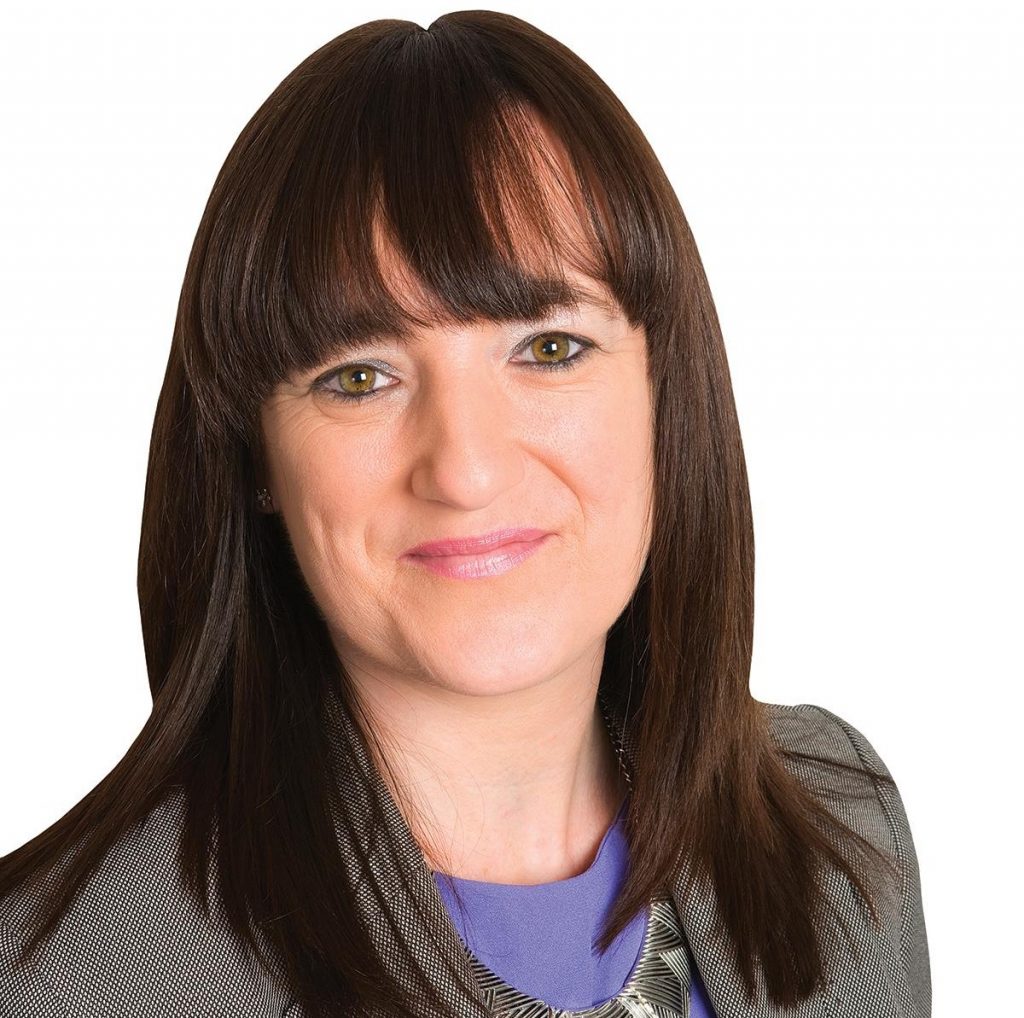
Natalie Treacy is a former Sinn Féin councillor for Castleknock, first elected in 2014 and re-elected in 2019 before losing her seat on the council in June. The party’s leader Mary Lou McDonald made a perhaps misguided decision to run four candidates including Treacy in her home constituency of Cabra-Glasnevin, costing the party its seat in Castleknock and Treacy her role as a councillor. She now makes her first bid for the Dáil as an independent candidate.
Treacy has been a member of and supported a number of community groups including The Joint Policing Committee, the Blanchardstown Local Drug & Alcohol Task Force and Blakestown Community School. As a councillor, she advocated for constituents who were facing homelessness and played a role in implementing traffic calming measures across Castleknock.
Her priorities for the general election campaign are affordable and social housing, better provisions for mental health services, additional support for victims of domestic violence, increased Gardaí presence in the community and increased access to GP services.
Treacy’s election leaflet is available to view here. You can listen to our interview with Treacy on our ‘General Election 2024’ podcast series and read our in-depth profile here.
Cllr Ellen Troy, Aontú
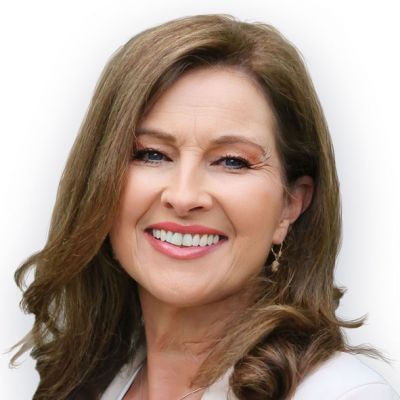
Ellen Troy was elected to the Castleknock constituency in June’s local elections. Two out of three Aontú candidates for Dublin 15 were successfully elected, the other being Cllr Gerard Sheehan in Ongar.
Cllr Troy has lived in Castleknock for the past 40 years having been born in Edinburgh to Irish parents. She has been involved locally with secondary school committees and has served on the board of her local church. Her family is also involved with St. Brigid’s GAA Club.
Cllr Troy is calling for more social and affordable housing to combat the ongoing emigration crisis, better health funding and provisions particularly in mental health, “common sense” immigration policies like expedited asylum processing and the creation of a new Irish Border Agency, more gardaí and heavier sentencing for crime, and more funding for education and school places.
Cllr Troy’s election leaflet is available to view here. You can listen to our interview with Cllr Troy on our ‘General Election 2024’ podcast series and read our in-depth profile here.
Cllr John Walsh, The Labour Party

John Walsh contests the general election in Dublin West for the first time following former party leader Joan Burton’s failure to secure re-election in 2020. Cllr Walsh was briefly co-opted to the council in 2014 but did not retain his seat at that year’s election. He was later elected on the third count in 2019 and was re-elected this year again on the third count with 13.7% of first-preference votes. Although Labour are still behind other opposition parties in the polls, a renewed sense of optimism following the surprise election of Aodhán Ó Ríordáin to the European Parliament in June and Cllr Walsh’s popularity locally could play in his favour when it comes to the general election.
Outside of his work in the council, Cllr Walsh is also a lecturer and researcher at Trinity College Dublin. He was born in Glenville, County Cork but has resided in Castleknock for much of his life. He has a keen interest in education and serves on the board of several local schools and organisations.
Cllr Walsh’s priorities include addressing the housing crisis through a “significant increase in the supply of affordable housing”, providing for more school places particularly for children with additional needs, electrifying the Maynooth rail line to allow the long-awaited DART+ project to proceed, and improved investment in community facilities.



